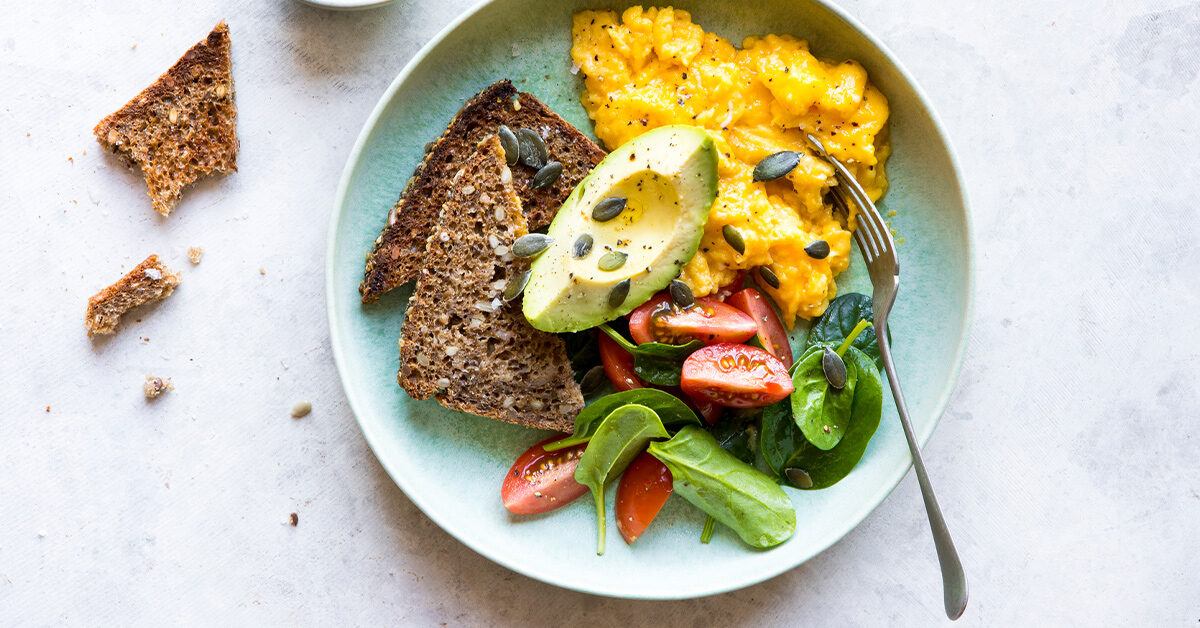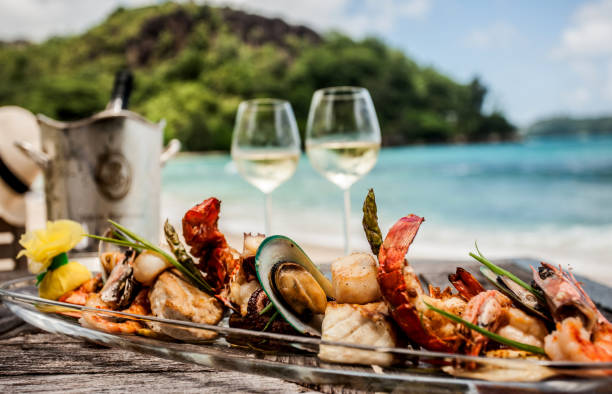The Pacific Islands are renowned for their breathtaking landscapes, vibrant cultures, and rich biodiversity. However, despite their natural abundance, many communities in the Pacific face significant health challenges, including high rates of non-communicable diseases (NCDs) like diabetes, obesity, and cardiovascular diseases. Amidst these challenges, traditional food gardens offer a beacon of hope, providing not only sustenance but also a pathway to improved health and well-being for Pacific Islanders.
- The Legacy of Traditional Food Gardens: Food cultivation has been central to Pacific Island cultures for millennia. Traditional food gardens, often known as “vaie” in Samoa, “kaiga” in Tonga, or “mara” in Fiji, are deeply ingrained in the fabric of community life. These gardens typically consist of a diverse array of crops such as taro, yams, breadfruit, coconut, bananas, and leafy greens, reflecting the rich agricultural heritage of the region.
- Nutritional Benefits: Traditional Pacific Island diets are inherently nutritious, emphasizing fresh fruits, vegetables, and seafood. These diets are characterized by a balance of carbohydrates, proteins, and essential micronutrients, providing a strong foundation for good health. By cultivating and consuming locally grown foods, communities can access a diverse range of nutrients crucial for optimal health, including vitamins, minerals, and antioxidants.
- Promoting Physical Activity: Engaging in traditional gardening practices not only yields nutritious food but also encourages physical activity. Tending to food gardens involves activities such as planting, weeding, watering, and harvesting, which provide opportunities for exercise and movement. Regular physical activity has been linked to numerous health benefits, including weight management, improved cardiovascular health, and reduced risk of chronic diseases.
- Preserving Biodiversity: Traditional food gardens play a vital role in maintaining biodiversity in the Pacific Islands. By cultivating a diverse range of crops, communities help safeguard indigenous plant varieties and traditional agricultural knowledge passed down through generations. This biodiversity not only enhances food security but also contributes to ecosystem resilience and adaptation to climate change, ensuring the long-term sustainability of food production systems.
- Strengthening Cultural Identity: Food is deeply intertwined with culture in the Pacific Islands, serving as a symbol of identity, heritage, and social cohesion. Traditional food gardens serve as living repositories of cultural knowledge, connecting communities to their ancestral roots and fostering a sense of pride and belonging. By preserving and revitalizing traditional agricultural practices, Pacific Islanders can reclaim their cultural heritage while promoting health and well-being.
- Community Resilience and Food Security: In the face of environmental challenges such as climate change, traditional food gardens offer a resilient and sustainable approach to food production. Unlike monoculture farming systems reliant on external inputs, traditional agroecological practices promote natural pest control, soil fertility, and water conservation. This resilience helps communities adapt to changing environmental conditions while enhancing food security and reducing reliance on imported foods.
- Empowering Local Economies: By supporting local food production and consumption, traditional food gardens contribute to the economic empowerment of Pacific Island communities. Small-scale agriculture provides opportunities for entrepreneurship, income generation, and job creation, particularly for women and youth. Additionally, by reducing reliance on imported foods, traditional food gardens can mitigate the economic impacts of external shocks such as fluctuating commodity prices and disruptions to global supply chains.
Traditional food gardens represent a holistic approach to health and well-being in the Pacific Islands, addressing not only nutritional needs but also cultural, social, economic, and environmental dimensions. By embracing and revitalizing these time-honored practices, Pacific Island communities can nurture healthier lifestyles, strengthen cultural identity, build resilience to climate change, and foster sustainable development for generations to come. As the world grapples with complex health and environmental challenges, the lessons learned from traditional food gardens in the Pacific offer valuable insights into creating healthier, more resilient communities worldwide.




